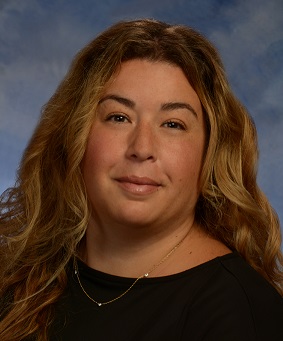Is Drug Use During Pregnancy Considered Abuse and Neglect in NJ?
Jul 9, 2015 | Written by: | Share
Not every instance of drug use by a parent during pregnancy, standing alone, will substantiate a finding of abuse and neglect in light of the specific language of the New Jersey statute. New Jersey has not joined those states whose laws treat prenatal drug use as per se child abuse. N.J.S.A. 9:6-8.21(c), in relevant part, defines an "[a]bused or neglected child" as a:
- child less than 18 years of age . . . whose physical, mental, or emotional condition has been impaired or is in imminent danger of becoming impaired as the result of the failure of his parent or guardian, as herein defined, to exercise a minimum degree of care . . .
- in providing the child with proper supervision or guardianship, by unreasonably inflicting or allowing to be inflicted harm, or substantial risk thereof, including the infliction of excessive corporal punishment;
- or by any other acts of a similarly serious nature requiring the aid of the court.
The protection of the abuse and neglect statute "is limited to the condition of a child after birth." Therefore, "the primary question under Title 9 is whether [the child], as a newborn, 'ha[s] been impaired' or was in 'imminent danger of becoming impaired' as a result of his mother's failure to exercise a minimum degree of care by unreasonably inflicting harm or allowing a 'substantial risk' of harm to be inflicted."
Actual harm can be established by offering proof that a child suffered drug withdrawal symptoms at birth or by "showing evidence of respiratory distress, cardiovascular or central nervous system complications, low gestational age at birth, low birth weight, poor feeding patterns, weight loss through an extended hospital stay, lethargy, convulsions, or tremors."
In N.J. Div. of Child Prot. & Permanency v. Y.N., 220 N.J. 165 (2014), the Supreme Court clarified that, under certain circumstances, proof of prenatal drug use coupled with the fact that a newborn suffered withdrawal symptoms is insufficient to establish abuse and neglect. The court held, “[A]bsent exceptional circumstances, a finding of abuse or neglect cannot be sustained based solely on a newborn's enduring methadone withdrawal following a mother's timely participation in a bona fide treatment program prescribed by a licensed healthcare professional to whom she has made full disclosure.” In this case, a finding of abuse or neglect required proof that [Y.N.] unreasonably inflicted harm on her newborn and did so, at least, by acting with gross negligence or recklessness.
To fall within the scope of Y.N., and reverse a finding of abuse and neglect, the child’s withdrawal had to be from the prescribed substance and follow the mother’s timely participation in a bona fide treatment program prescribed by a licensed healthcare professional to whom she has made full disclosure.
Matters involving the NJ Division of Child Protection and Permanancy (DCPP) can have severe and significant consequences, including the loss of one’s children or a termination of parental rights. A good defense is vital. This area of litigation requires intimate knowledge of the agency and the family court system, as the two are often intertwined. No parent should attempt to negotiate with DCPP without an experienced attorney and advocate.
 Diana Fredericks, Esq., is a partner with Gebhardt & Kiefer, PC and has devoted her practice to family-related matters. If you have a matter involving DCPP and wish to schedule a consultation, contact Ms. Fredericks at 908-735-5161 or via email. In 2015, Ms. Fredericks was named to the NJ Super Lawyers Rising Stars list in the practice of family law by Thomson Reuters, and to the 2015 New Leaders of the Bar list by the New Jersey Law Journal.
Diana Fredericks, Esq., is a partner with Gebhardt & Kiefer, PC and has devoted her practice to family-related matters. If you have a matter involving DCPP and wish to schedule a consultation, contact Ms. Fredericks at 908-735-5161 or via email. In 2015, Ms. Fredericks was named to the NJ Super Lawyers Rising Stars list in the practice of family law by Thomson Reuters, and to the 2015 New Leaders of the Bar list by the New Jersey Law Journal.
